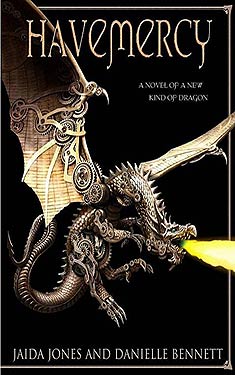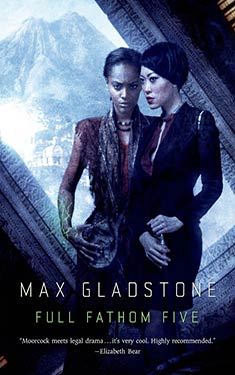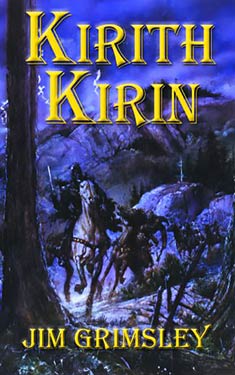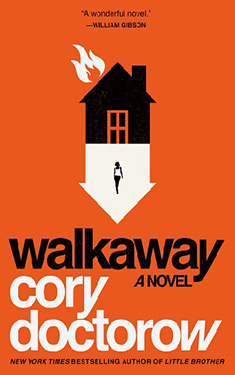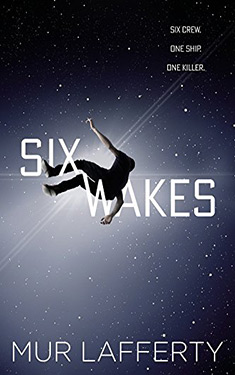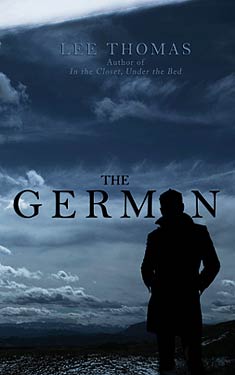Anthony
Burgess
Completed 10/27/2018,
Reviewed 10/27/2018
2 stars
I did not
like this book. Written in 1962, it’s a “comedy”
about overpopulation and the resulting in a degradation of society: famine,
reproductive control, cannibalism, and war.
This is known as a Malthusian comedy, derived from the theories of population
versus resources by Thomas Robert Malthus (Yes, I had to look it up, though I
did remember it from high school social studies after reading a few sentences
about it). I didn’t find it remotely funny,
not even in a satirical sense. Being nearly
sixty years old, this book is full of the prejudices against race and
sexuality, using them for satirical purposes, but ends up coming across as racist,
sexist, and homophobic.
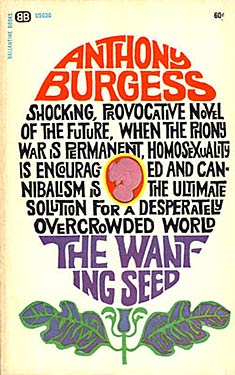 The story is
set in a dystopian future. It’s about
Tristram and Beatrice-Joanna, a married couple living in an overcrowded world
with strict rationing of food, propaganda against having more than one child,
and government promotion of homosexuality as a further means of birth
control. Tristram and Beatrice-Joanna’s
first child has died. Now officially,
they can’t have any more children.
Beatrice-Joanna is having an affair with Tristram’s brother Derek, who is
posing as gay man to advance in the government.
She gets pregnant by him causing a rift in the marriage. Tristram, a social studies teacher, goes out for
a drink, for what passes as alcohol. He
ends up in jail after happening to be at worker’s strike that turns
violent. From there his life goes from
bad to worse. He then escapes from jail,
only to be tricked into conscripting with the British Army.
The story is
set in a dystopian future. It’s about
Tristram and Beatrice-Joanna, a married couple living in an overcrowded world
with strict rationing of food, propaganda against having more than one child,
and government promotion of homosexuality as a further means of birth
control. Tristram and Beatrice-Joanna’s
first child has died. Now officially,
they can’t have any more children.
Beatrice-Joanna is having an affair with Tristram’s brother Derek, who is
posing as gay man to advance in the government.
She gets pregnant by him causing a rift in the marriage. Tristram, a social studies teacher, goes out for
a drink, for what passes as alcohol. He
ends up in jail after happening to be at worker’s strike that turns
violent. From there his life goes from
bad to worse. He then escapes from jail,
only to be tricked into conscripting with the British Army.
I thought
the characters and basic plot were rather soapy and were merely present to
convey the message. No thought was put
into making the characters anything but cardboard stiff upper-lip Brits. Tristram’s experience is Kafkaesque, but it doesn’t
have any of the profound absurdity of Kafka’s “The Trial”. It’s simply tedious. Beatrice-Joanna is just a character out of a
soap opera. Her life is simply being a
wife, mother, or a lover. Not that that’s
a bad thing in and of itself considering the time it was written, but she has
no depth and nothing else defining her except that she goes for walks and talks
to the sea.
I found the
homosexual content of the book to be deeply insulting. It’s meant to be a joke that the world is promoting
homosexuality as a means of birth control.
It implies that it is a choice rather than an orientation. It’s lumped into the same category as the cannibalistic
content of the book. And once the
government falls, the people go crazy sexually, with heterosexual orgies and
bizarre fertility rites. Even Derek,
Tristram’s brother, “switches” his sexuality to maintain his position in the
new government. It’s all rather disgusting
and I was pretty deeply offended by it.
By the same
token, racism is rampant throughout the book as well. Black, bi- and multi-racial people abound in
the book, but they are the butts of the joke as much as the sexuality is. I think it would have been less offensive if
the book had no people of color at all, rather then use them to get a satirical
point across.
I give this
book two stars out of five. I don’t
think this book could have been published today. It’s supposed to be satire. I get that. But I found it merely offensive. This is an example of the sort of novel that
would be widely read for its scandalous ideas, setting any sort of human rights
struggle back fifty years. I gave it two
stars instead of one because at least the prose was decent.
